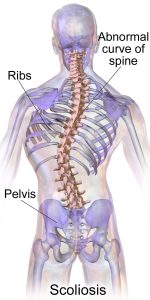Spinal Degeneration Phases
Your spine plays a critical role in the health and function of your body. Not only does it provide support for your entire body, but it protects nerves that connect your brain to the rest of your body.
Over time, however, it can lose its structure, effecting its ability to function properly. This can be caused by age, injury, posture, infections, and other conditions. Left unchecked, it can continue to worsen, resulting in discomfort, pain, weakness, bladder/bowel problems, and more.
Degeneration Phase 1
First your spine loses its normal balance. There may be a loss of normal spinal curves. Your nerves may be affected and the vital life energy that flows over them is interfered with. Also your joints, discs, nerves and posture and stressed and age more quickly. Surprisingly, there may be no pain other than occasional minor discomfort. Also present may be a slight lessening of energy and slight height loss. Response to spinal care is generally good.
Degeneration Phase 2
Here there is a much greater degree of decay, disc narrowing and bone spurs (deformations); postural changes are much worse. This condition is very common (by age 40, 80% of males and 76% of females exhibit moderate disc degeneration). Spinal canal narrowing or stenosis may occur. This phase is characterized by more common aches and pains, fatigue and a diminished ability to cope with stress. Height continues to decrease. With chiropractic care significant improvement is possible.


Degeneration Phase 3
Here there are more postural imbalances, increased nerve damage, permanent scar tissue and advanced bone deformation. Physical and/or mental weakness or disability begin. Also found in this phase are permanent loss of height and loss of energy. With care some reversal is possible.
Degeneration Phase 4
This is the most advanced stage of subluxation degeneration. The postural imbalance is severe and motion is limited. There is severe nerve damage, permanent scar tissue is formed and the bones may begin to fuse. In this phase we find pain, various degrees of physical or mental disability, and continued loss of energy and height. By now the condition is considered irreversible, although chiropractic may give some symptomatic relief.
What Should You Do If You Have Spinal Problems?
The best course of action is to schedule an appointment as soon as you can to sit down with Dr. Josh and discuss your concerns. The sooner we can determine if there is degeneration, and at what phase, the sooner we can develop a treatment path for you. Just give us a call at 952-440-4553.
Chiropractors Dr. Josh Watkins, Dr. Lindsay Kerr and Dr. Aaron Pfaff of Watkins Family Chiropractic provides chiropractic adjustments to patients in Savage, Prior Lake, Burnsville and surrounding cities in Scott County, Minnesota.

